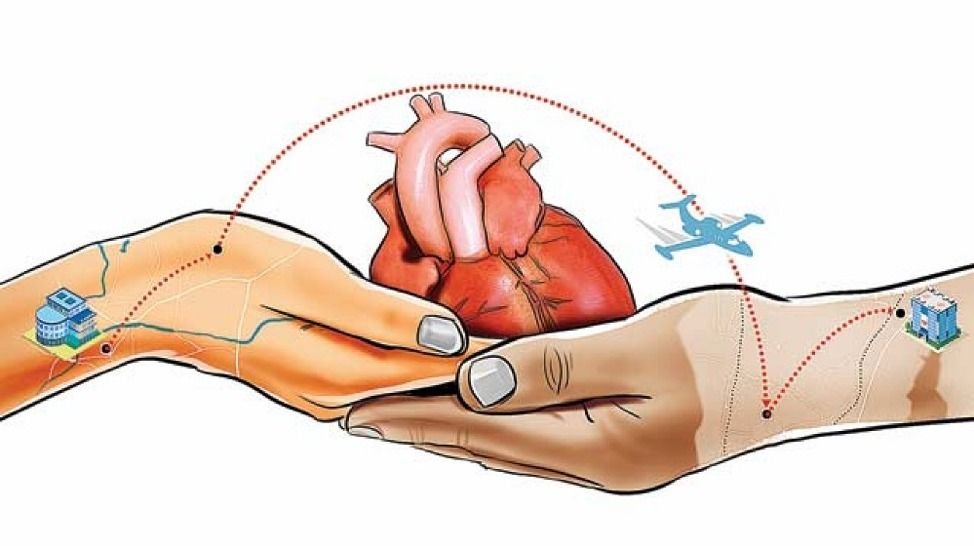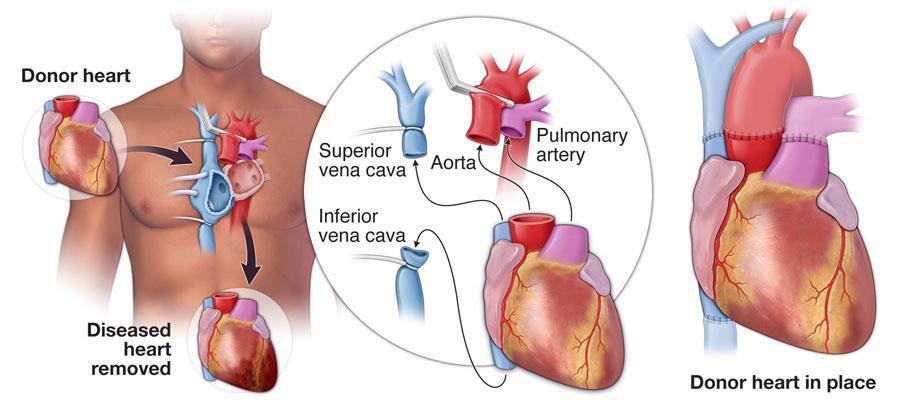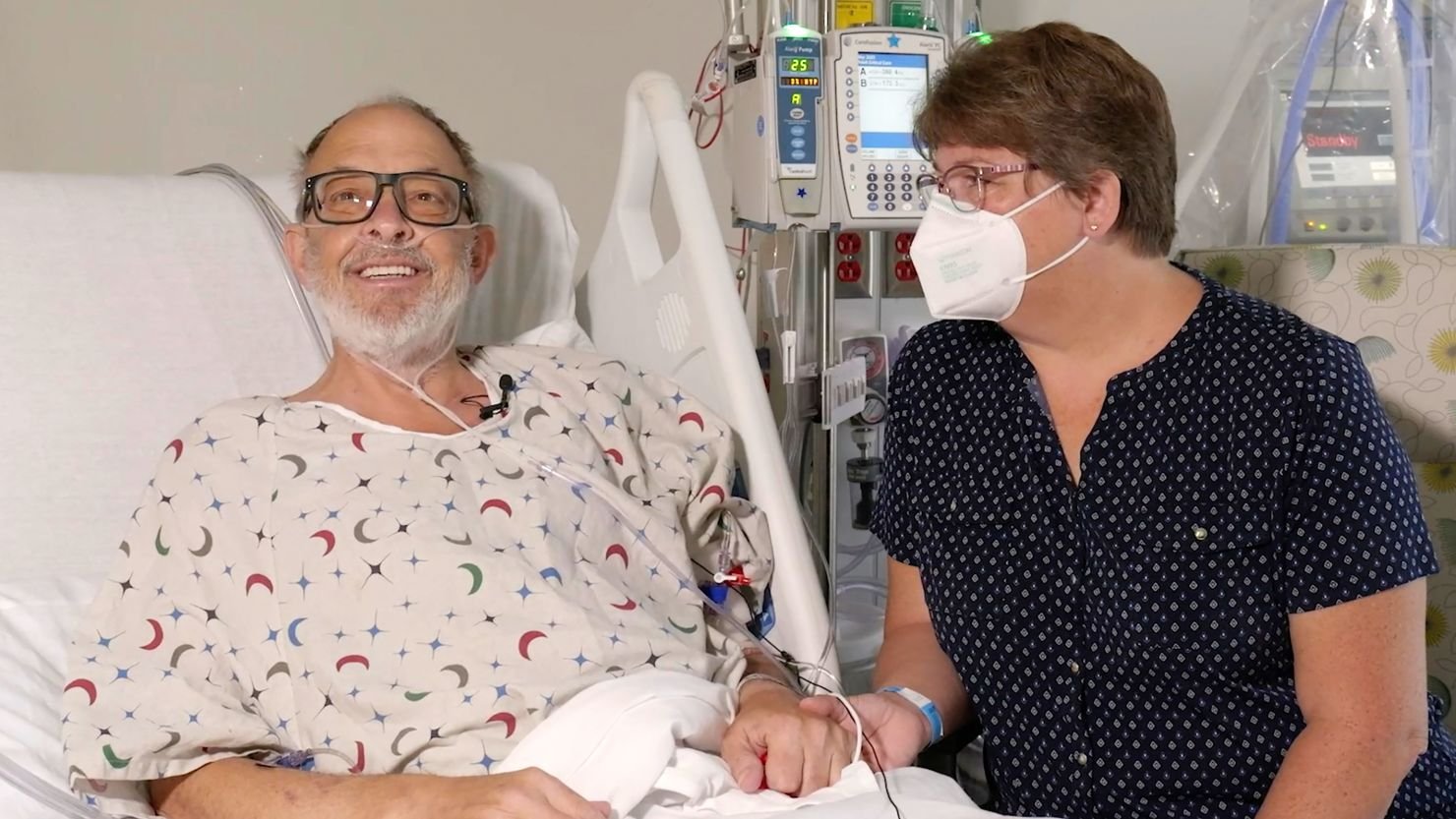Heart Transplant Surgery

What is Heart Transplant Surgery?
Heart transplant surgery is a life-saving procedure that replaces a diseased or failing heart with a healthy donor heart. It is often the last resort for patients with end-stage heart failure who haven’t responded to medications, devices, or other surgeries. With advanced surgical techniques and post-op care, many heart transplant patients go on to live long, active lives.
✔️ Who May Need a Heart Transplant?
✔️ End-stage heart failure (NYHA Class III or IV)
✔️ Severe cardiomyopathy (dilated, restrictive, or hypertrophic)
✔️ Coronary artery disease not treatable with bypass or stents
✔️ Congenital heart defects that cannot be surgically repaired
✔️ Recurrent life-threatening ventricular arrhythmias
✔️ Failing previous heart surgeries or mechanical heart devices
⚠️ Symptoms That May Warrant Evaluation
✔️ Severe shortness of breath even at rest
✔️ Chronic fatigue and inability to perform daily activities
✔️ Swelling in the legs, ankles, or abdomen
✔️ Repeated hospitalizations for heart failure
✔️ Low blood pressure, rapid heartbeat, or fainting
✔️ Need for continuous IV medications to support heart function
Types of Heart Transplant-Related Surgeries
✔️ Orthotopic Heart Transplant: The most common procedure — replacing the failing heart with a donor heart
✔️ Heterotopic (Piggyback) Transplant: Rarely used; donor heart is placed alongside the existing heart
✔️ Heart-Lung Transplant: For patients with both end-stage heart and lung disease
✔️ Bridge-to-Transplant Therapy: Temporary support using Left Ventricular Assist Devices (LVADs) while awaiting a donor

💉 How We Diagnose and Evaluate Candidates
✔️ Echocardiogram & Cardiac MRI: To evaluate heart function
✔️ Right Heart Catheterization: Measures heart pressures
✔️ Blood Tests: For organ function and immune compatibility
✔️ Pulmonary Function Tests & Imaging: For lung and vascular health
✔️ Psychological & Social Evaluation: To assess readiness for post-transplant care
✔️ Matching Process: Blood type, size, tissue compatibility, and urgency determine donor match
⭐ Why Choose TreatmentTour for Heart Transplant Surgery?
✔️ Access to world-renowned heart transplant centers across the globe
✔️ Multidisciplinary transplant teams with decades of experience
✔️ Priority listing support for international patients
✔️ End-to-end care: from pre-transplant workup to long-term follow-up
✔️ Transparent transplant package pricing and logistical planning
✔️ Emotional and psychological support for patients and families
🛡️ Life After a Heart Transplant
✔️ Hospital stay: 2–3 weeks, including ICU recovery
✔️ Immunosuppressive medication: To prevent organ rejection
✔️ Regular follow-ups and biopsies: To monitor graft function
✔️ Cardiac rehabilitation: Personalized exercise and diet plans
✔️ Return to normal life: Most patients return to work and active life within 6–12 months
❓ Frequently Asked Questions
Q: What’s the success rate of heart transplant surgery?
✔️ Over 85–90% of patients survive the first year post-transplant, with many living 10–20 years or more with proper care.
Q: How long does it take to get a donor heart?
✔️ It depends on your urgency, blood type, body size, and transplant center. We help streamline the listing and coordination process.
Q: Will I need medications forever?
✔️ Yes. Lifelong immunosuppressants are necessary to prevent rejection — but they're manageable with medical support.

🎯 Your Second Chance at Life Starts Here
Heart failure doesn’t have to be the end of the road. Let us help you take the next step toward a healthier, longer life.
📞 Contact TreatmentTour Today
📧 Email: treatmenttour@gmail.com
📱 Phone: +888000
🌐 Website: www.treatmenttour.com